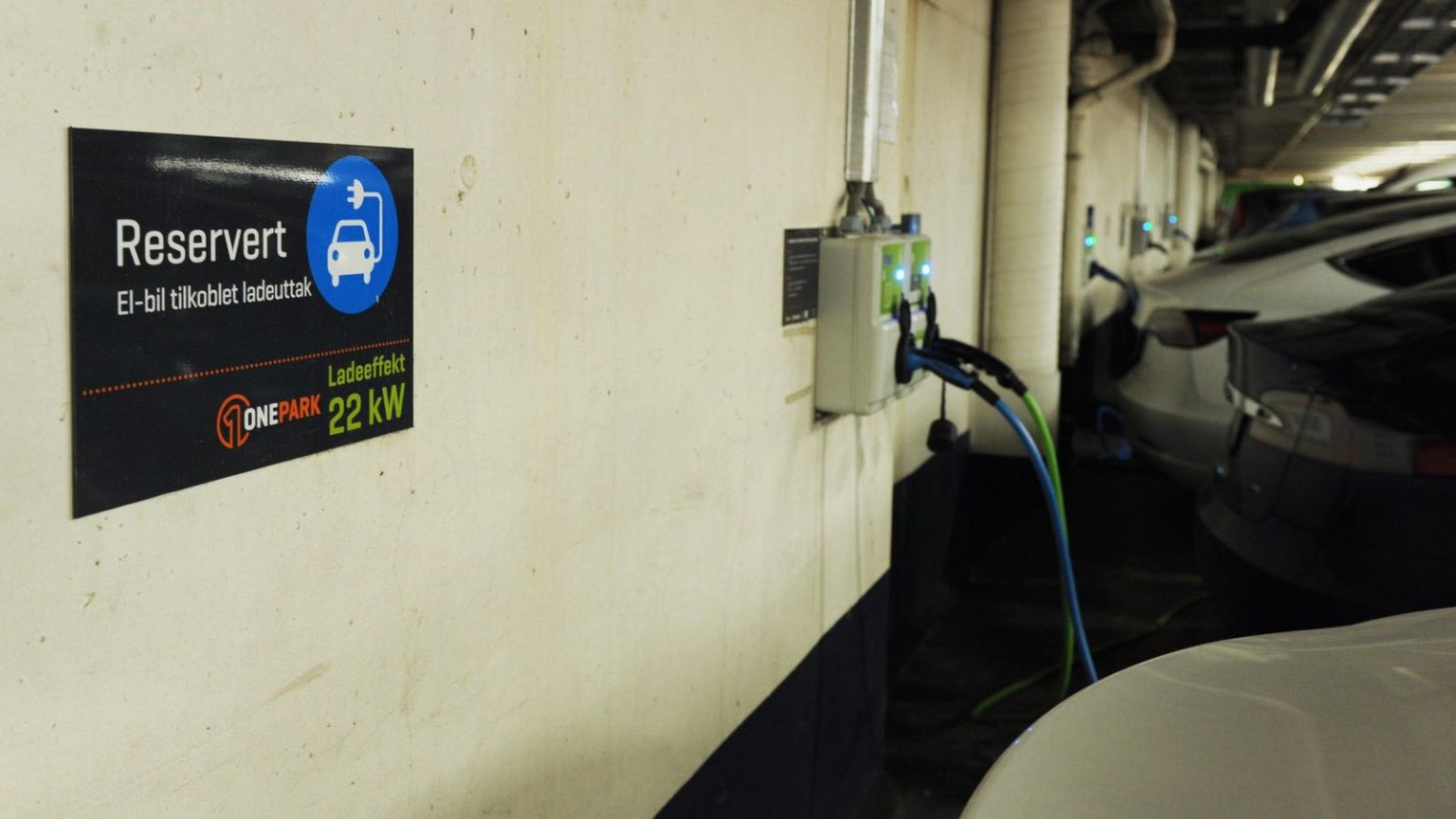In 2023, Norway stands out as a global leader in electric vehicle (EV) adoption, with over 82% of new car sales being EVs – the highest adoption rate in the world. This stark contrast with countries like the US and China, where EV adoption rates are significantly lower, highlights the importance of effective policy-making in promoting sustainable transportation solutions. Norway’s success can be attributed to the government’s decision to remove taxes on new EV purchases and invest in charging infrastructure, making EVs more affordable and accessible to consumers.
The policy changes in Norway have not only led to a significant increase in EV adoption but also have the potential to have a lasting impact on global oil demand and greenhouse gas emissions. By incentivizing the switch to electric vehicles, Norway has positioned itself as a model for other countries looking to reduce their carbon footprint and combat climate change. The transportation sector is a significant contributor to global greenhouse gas emissions, making policies that promote EV adoption crucial in achieving climate targets and supporting the growth of climate tech startups.
The success of Norway’s EV policy reflects the power of effective problem diagnosis and targeted policy interventions in driving sustainable change. By identifying barriers to EV adoption, such as high purchase costs and limited charging infrastructure, the government was able to implement measures that directly address these challenges and encourage more consumers to make the switch to electric vehicles. This approach not only benefits the environment but also creates opportunities for innovation and growth in the clean energy sector.
The impact of Norway’s EV policy extends beyond its borders, with the potential to influence global trends in transportation and energy consumption. Promoting the adoption of EVs on a larger scale could help accelerate the transition to a low-carbon economy and reduce reliance on fossil fuels. As more countries recognize the benefits of sustainable transportation solutions, there is a growing opportunity for collaboration and knowledge-sharing to drive collective action on climate change.
In conclusion, Norway’s success in increasing EV adoption through targeted policy measures serves as a valuable example for other countries seeking to address climate change and promote sustainable development. By prioritizing incentives and infrastructure investments, Norway has demonstrated the potential of policy interventions to drive positive outcomes for both the environment and the economy. As the world grapples with the challenge of reducing greenhouse gas emissions, innovative policies like those implemented in Norway offer a roadmap for achieving a more sustainable and resilient future.


